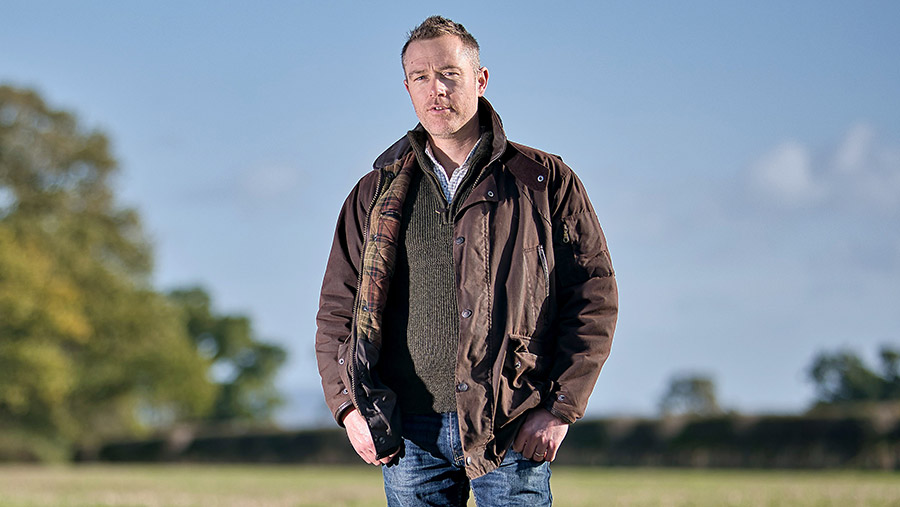Will’s World: Scheme scepticism needs dose of the green stuff
 © Richard Stanton
© Richard Stanton As much as great change in life is inevitable and can lead to positive outcomes, it’s also often very difficult to accept, and sometimes quite frightening. I feel like I’m thinking about it a lot lately, for many different reasons.
It might be because of my age, with many of my friends currently going through various stages of farm succession and therefore having to deal with all the associated issues and changes.
See also: Outlook 2024: Farm policy and support in England and regions
Or perhaps it’s the fact that my daughters are growing up at an alarming rate, and I’m not fully prepared yet for that next stage of fashion, make-up and relationship dramas.
Maybe it’s simply the pace of change that we’re seeing across society, with rapid advances in machine learning and artificial intelligence set to transform the way we live our lives in a way that most of us haven’t even begun to comprehend.
Climate of change
But there are two changes I’ve been concentrating on more than any other in recent months, because they’re the most immediately pressing for me, my family and our farming business.
The first of these is the most obvious: the climate. I’m writing this the morning after one of the many storms we’ve received this winter.
Although we don’t appear to have suffered much damage this time, I’m distinctly unsettled by how often they are occurring.
The same goes for the floods we’ve had to deal with over the past few years, and the resulting crop losses and impact on profitability.
If they’re going to keep happening like this or, as expected, get worse, then I’m going to have to look at alternative uses for our lower lying land.
And what price a drought again this summer? I wouldn’t bet against it.
The second issue is the phasing out of direct subsidy payments.
Whatever people think about the rights and wrongs of the old system – and I always had mixed feelings about it – a few years ago the money we received would just about pay the rent for the farm. Now it doesn’t even cover a fertiliser bill.
We’ve had time to plan for this, of course, with the government being very clearly focused on environment-based outcomes and payments since the Brexit vote in 2016.
We’ve worked hard as a family to be proactive in this regard and prepare ourselves for the change, hoping that it may bring opportunities to make the business more resilient.
Detail drive
So it was with open minds, but a degree of healthy scepticism, that the old man and I headed to one of the Welsh government’s Sustainable Farming Scheme information events.
We wanted to see what they had to say about the latest consultation, and what actions we’re going to have to take to be able to qualify.
The headlines, and most of the online anger, have been directed at the compulsory 10% tree cover. But there is some flexibility to it, as far as I understand, with tenants not having to commit to it if their agreement precludes it.
Many of the rest of the actions required are things we’re already doing. Some will mean tweaking our practices slightly, but we can do that relatively easily.
The cold, hard truth of it, though, is that it will all depend on the payment rates, which will be announced this summer.
If it doesn’t stack up financially, we won’t be signing up. If it does, I’m cautiously optimistic that the scheme can work for us.
Whether it does so for the majority of farm businesses in Wales remains to be seen.

